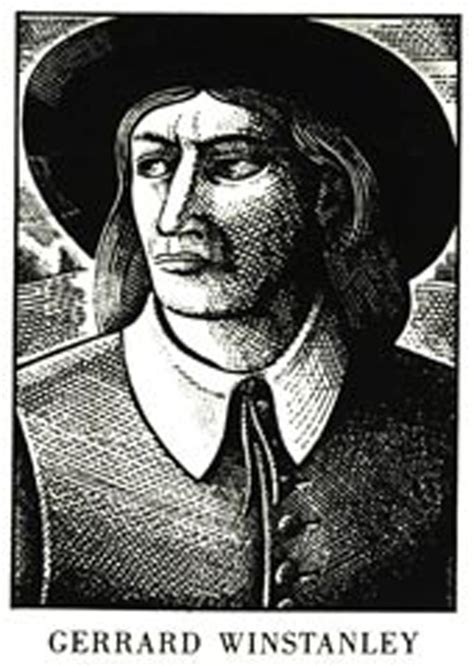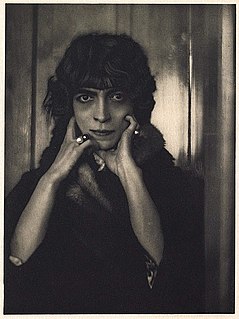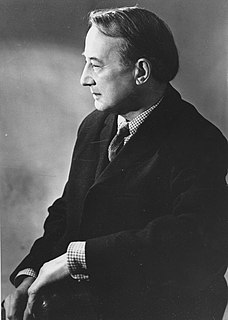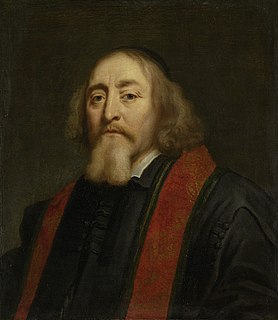A Quote by Anatole France
In its majestic equality, the law forbids rich and poor alike to sleep under bridges, beg in the streets and steal loaves of bread.
Related Quotes
The rich...should beg the poor to forgive us for the bread we bring them. Healthy people sometimes feel they need to beg forgiveness too, although there is no reason why. Maybe we simply ask forgiveness for not being born where these poor women have been born, knowing that if we lived here too, our fate might well have been the same.
But the law is an odd thing. For instance, one country in Europe has a law that requires all its bakers to sell bread at the exact same price. A certain island has a law that forbids anyone from removing its fruit. And a town not too far from where you live has a law that bars me from coming within five miles of its borders.
Our legal system, including the police, is anti-Dalit and anti-poor. The death penalty laws' wrathful majesty, in blood-shot equality, deals the fatal blow on the poor not the rich, the pariah not the brahmin, the black not the white, the underdog not the top dog, the dissenter not the conformist. . . The law barks at all but bites only the poor, the powerless, the illiterate, the ignorant.
For what you call the Law is but a club of the rich over the lowest of men, sanctifying the conquest of the earth by a few and making their theft the way of things. But over and above these pitiful statutes of yours that enclose the common land and reduce us to poverty to make you fat stands the Law of Creation, which renders judgement on rich and poor alike, making them one. For freedom is the man who will thus turn the world upside down, therefore no wonder he has enemies
Money must serve, not rule! The Pope loves everyone, rich and poor alike, but he is obliged in the name of Christ to remind all that the rich must help, respect and promote the poor. I exhort you to generous solidarity and a return of economics and finance to an ethical approach which favours human beings.
The law is equal before all of us; but we are not all equal before the law. Virtually there is one law for the rich and another for the poor, one law for the cunning and another for the simple, one law for the forceful and another for the feeble, one law for the ignorant and another for the learned, one law for the brave and another for the timid, and within family limits one law for the parent and no law at all for the child.


































